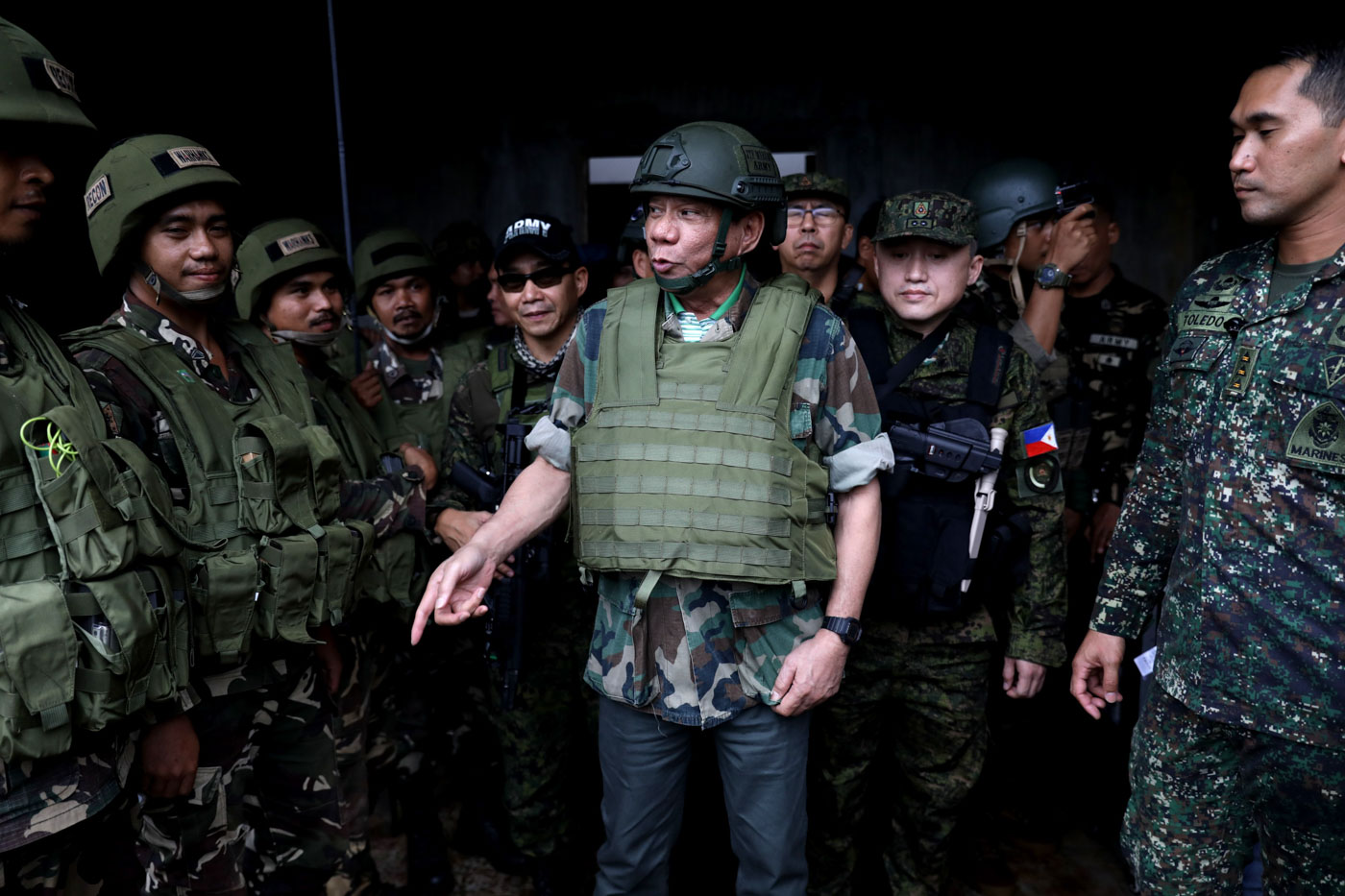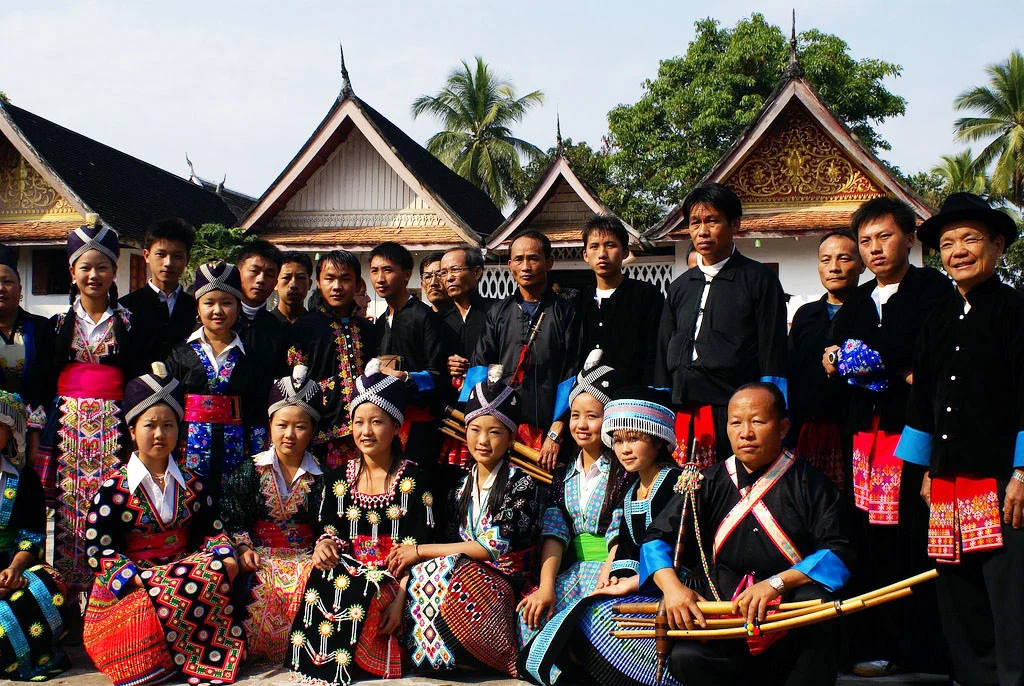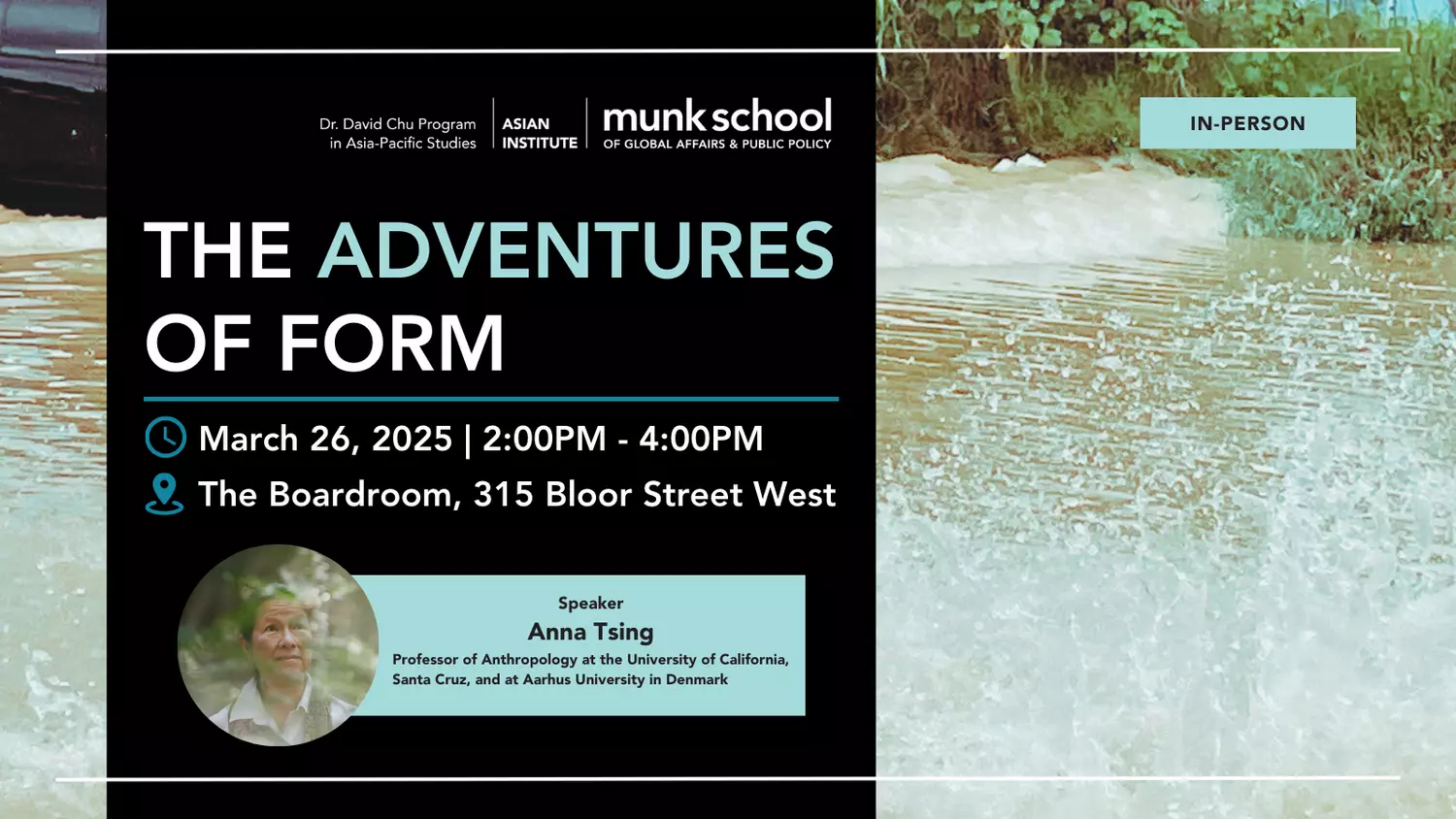On October 17th, Philippines President Rodrigo Duterte declared Marawi “liberated from the terrorists’ influence” following the deaths of the leaders of the ISIS-affiliated militant groups Maute and Abu Sayyaf Salafi.[1] The urban battle which began on May 23rd in the southern city of Marawi (the Islamic capital of the majority Catholic Philippines) lasted five months – the longest urban battle in the modern history of the country.[2] Residents who had fled their homes began to return on October 24th, while the military continued to search for remaining militants. The prolonged battle left large parts of the city uninhabitable and rebuilding will take several years to complete.[3] Despite Marawi’s liberation, the looming threat of future conflict with extremist forces remains. The combat tactics and recruitment strategies used by Philippines-based groups mirror those used in the Middle East; in fact, ISIS has even released propaganda videos directly inciting Southeast Asian Muslims to strike against their governments. As in the Middle East, economic incentives have played a significant role in luring citizens of poverty-stricken areas to join extremist groups: new recruits of the Maute Group in Butig can receive a bonus of up to $600 USD, a small fortune.[4] In the Autonomous Region in Muslim Mindanao (ARMM) – where Marawi is located – poverty, weak rule of law, rampant corruption, and the persecution of Muslim minorities have provided fertile ground for terrorist recruitment.
That it took five months to end the insurgency in Marawi is also explained by the weakness of the Philippines’ military. Their personnel lack effective training, and they are overly reliant on weapons and intelligence support from other countries. Furthermore, problems including limited financial resources, poor salaries, corruption, low morale, limited cooperation between police and prosecutors, and inadequate law enforcement have only hindered counter-terrorism efforts.[5]
While security and counter-terrorism are nation-wide projects, the central government’s policies towards Muslim communities must be more prudent to prevent the type of resentment that has can lead to radicalization and violence. The challenge is not just internal, however. Neighboring states like Malaysia and Indonesia share porous maritime borders with the Philippines, which makes it easier for extremist forces to move between them.[6] Given this common threat, a promising opportunity exists for these countries to enhance cooperation on fighting terrorist networks, and the transnational movement of extremists should be a priority on their agendas.
Endnotes
[1] Morella, C. (2017, October 17). Duterte declares mission accomplished in Marawi. Retrieved November 15, 2017, from http://www.thejakartapost.com/seasia/2017/10/17/duterte-declares-mission-accomplished-in-marawi.html
[2] France-Presse, A. (2017, October 19). Marawi: City destroyed in Philippines’ longest urban war. Retrieved November 15, 2017, from http://newsinfo.inquirer.net/939202/marawi-war-maute-terrorism-duterte-isnilon-hapilon-is-islamic-state
[3] Marawi residents return to homes, as soldiers search for last militants. (2017, October 24). Retrieved November 15, 2017, from http://www.scmp.com/news/asia/southeast-asia/article/2116773/marawi-residents-return-ruined-homes-greeted-gunfire
[4] Neuhof, F. (2017, October 10). Siege of Marawi: How Philippines insurgency provided fertile recruiting ground for extremists. Retrieved November 15, 2017, from https://www.thenational.ae/world/asia/siege-of-marawi-how-philippines-insurgency-provided-fertile-recruiting-ground-for-extremists-1.665738
[5] Bhattachargi, P. (2009, June 1). Terrorism Havens: Philippines. Retrieved November 15, 2017, from https://www.cfr.org/backgrounder/terrorism-havens-philippines
[6] Griffiths, J. (2017, May 29). ISIS in Southeast Asia: Philippines battles growing threat. Retrieved November 15, 2017, from http://www.cnn.com/2017/05/28/asia/isis-threat-southeast-asia/index.html
Jamie (Huiyi) Chen is a third year student studying International Relations, Political Science and Contemporary Asia Studies at the University of Toronto.








